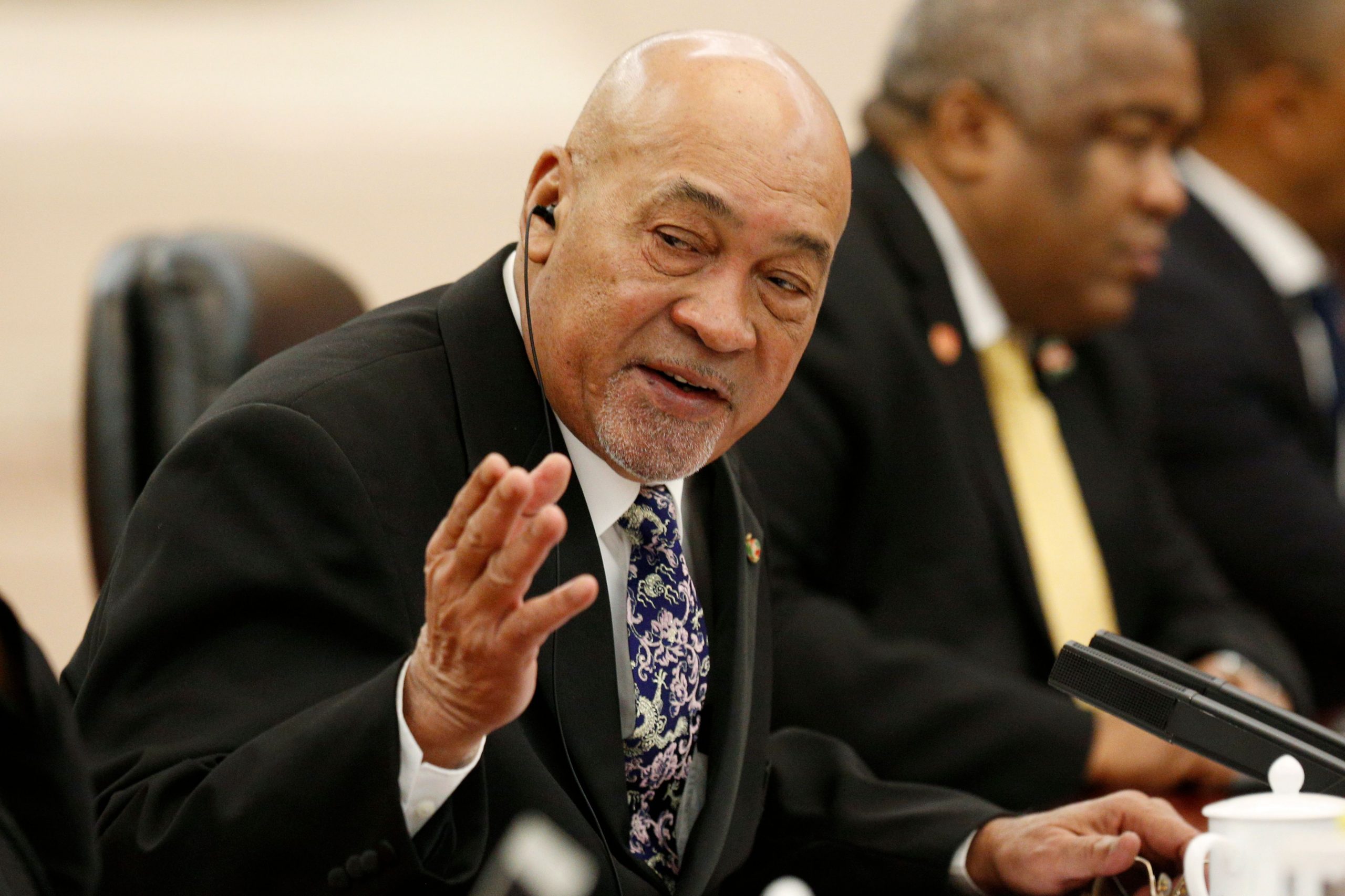[Barbados Today] – Formal complaints have been lodged against certain judges over their delay in delivering decisions within the time specified by the Constitution, a breach of citizens’ constitutional rights, the Barbados Bar Association revealed on Friday.
And it has suggested that the complaints could trigger another mandate of the supreme law of the land – the removal of offending judges from office – while scores of cases remain undecided for months and years.
In a statement provided to Barbados TODAY, the association’s president, Kaye Williams revealed that the Bar is now aware of recent formal complaints submitted by several members concerning specific judges. Each complaint outlines an alleged failure to deliver decisions within the mandated six-month timeframe following the conclusion of trials.
Section 84 of the Constitution provides for a judge’s removal from office “for delay of more than six months in delivering judgments”, among other acts of misconduct.
“Of great concern to the Barbados Bar Association is the fact that, according to its independent research, there are over 50 cases and/or applications which have been tried, the decisions reserved by the judge, and the parties waited months, if not years, for a decision. For one reason or another, the court failed to deliver a decision and/or failed to deliver reasons for the judgment within six months after the trial/submissions,” Williams reported.
“The Barbados Bar Association is of the view that such delay can amount to a violation of the rights guaranteed to litigants by section 18 of the Constitution to have their cases receive a fair hearing within a reasonable time. This issue has been the subject matter of several scathing judgments delivered by the Caribbean Court of Justice.”
Last January, a litigant successfully obtained an award for damages in the High Court for a breach of Section 84.
“In that case, the litigant waited 30 months for a decision,” said Williams. The High Court determined that the “outer limit” for delivery of judgments in Barbados is six months after the conclusion of a trial and as such, the claimant’s constitutional rights were infringed. The claimant was awarded $35 000 in damages. The Court reasoned that ‘Justice delayed is justice denied, and a delay in justice is equal to a denial of justice’.”
Williams said that these complaints could trigger the process outlined in section 84 of the Constitution, necessitating consultation and the establishment of a tribunal to investigate judicial conduct. She underscored that, according to Section 84(3) of the Constitution, a judge may be investigated for judicial misconduct and potentially removed from office if decisions are delayed for more than six months.
She noted, however, that the Bar Association is not aware of whether the consultation and investigation process has been initiated or referred for further action, in the complaints that have been submitted.
“We acknowledge that there is no procedure prescribed in the Constitution or otherwise for notification to the complainant of the commencement of consultation. We, however, are of the view that any request by the complainant seeking information relative to their complaint should reasonably be met with a full response providing an update,” she said.
The president of the Bar Association revealed staggering statistics, estimating a backlog of about 16 000 cases in the Magistrates’ Court and 1 700 in the High Court. She attributed delays to various factors, including increased caseload, longer hearings, insufficient staffing, and inadequate resources for court and case flow management.
Williams disclosed that over 1 000 Civil Court Division cases have been awaiting trial for “inordinately long” periods, causing significant delays in the Family Court Division.
“Persons charged with very serious offences are being admitted to bail because their matters have been languishing in the system for periods in excess of four years. The likelihood of a genuinely fair trial in some of these matters is now in doubt. In one instance, a person served their entire sentence before the Court of Appeal rendered a decision in their matter,” she pointed out.
Highlighting the Bar’s commitment to working with stakeholders for justice system improvement, Williams acknowledged that delays in the judicial system have been a longstanding issue, subject to public comment and extensive correspondence from the association over the past 12 years.
She said the organisation has provided detailed lists of outstanding decisions, outlining the case details, the court and the time which had elapsed since the hearing of the matter.
“The reports of delays regularly experienced by litigants in having matters heard and disposed of in the Criminal, Civil and Family divisions are not in keeping with the protection of the law and access to justice as enshrined in Sections 11 and 18 of the Constitution of Barbados,” Williams asserted.












